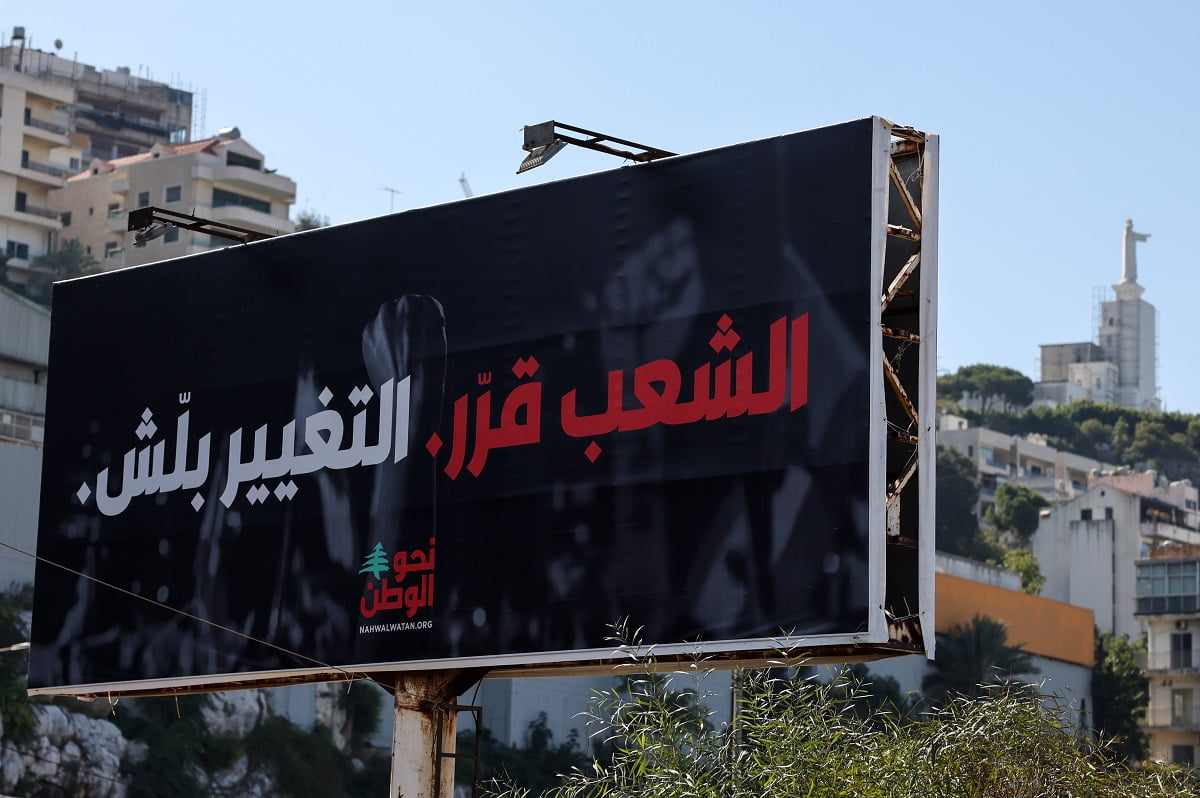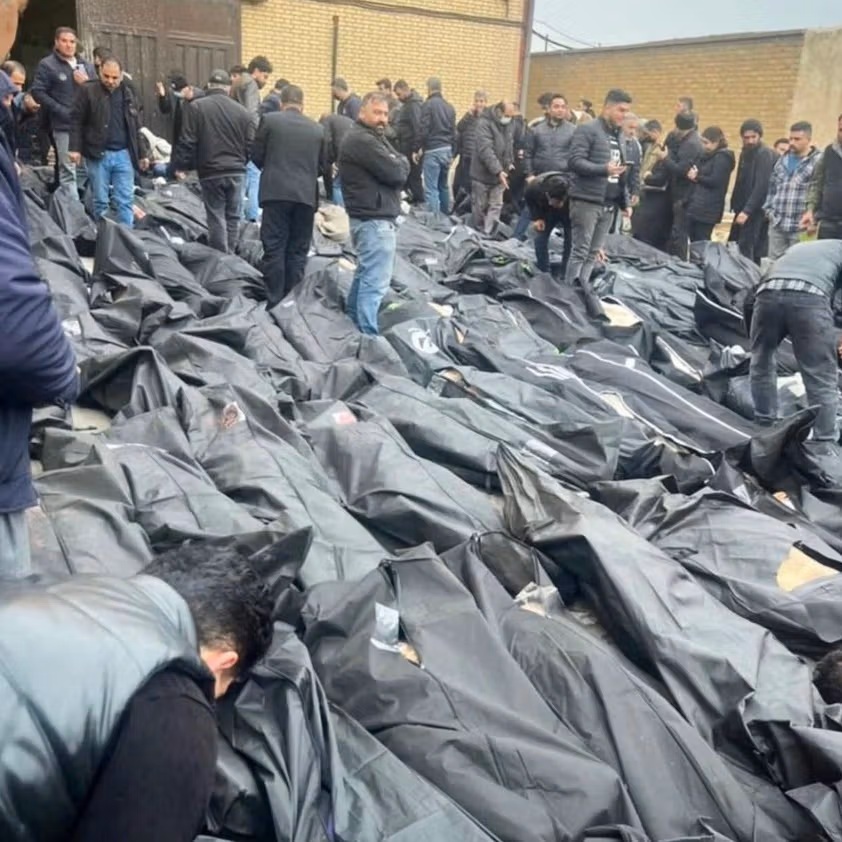
Lebanese expatriates began casting their votes on Friday for parliamentary elections, more than two years into an unprecedented economic crisis has that spurred a mass exodus.
While opposition figures have pinned their hopes on the diaspora, experts said the elections were expected to uphold the status quo, despite years of economic meltdown. Expatriates in nine Arab countries and in Iran were casting their ballots on Friday.
Lebanon's official National News Agency (NNA) said around 36 percent of registered overseas electors had voted by the afternoon, with some 11,000 ballots cast. Foreign Minister Abdallah Bou Habib expressed hope for 70 percent participation, noting that "voters in the Gulf usually rush to the ballot boxes in the evening."
The NNA said 65 percent of the 642 registered voters in Tehran had already cast their ballots. Lebanon's ambassador to Tehran, Hassan Mohammad Abbas, welcomed the turnout. "Lebanese citizens living in Iran have shown lots of enthusiasm," he told AFP.
In Saudi Arabia, around 30 percent of over 13,000 registered voters had voted by Friday afternoon, according to the NNA.
Voting will take place in 48 other countries on Sunday.
'Vote in large numbers'
It is the second time in Lebanon's history that citizens residing abroad are able to vote for their 128 representatives, in elections set to be held at home on May 15. The vote is the first since mass protests erupted in late 2019 against the country's entrenched ruling elite, widely blamed for the economic collapse.
Bou Habib had said that Lebanese based abroad would be able to vote in more than 205 polling stations worldwide. More than 225,000 people have registered to vote overseas, a jump from roughly 92,000 in 2018 elections -- though only 50,000 of them voted at the time.
But voter registration, while on the rise, remains relatively low among the millions of Lebanese who live abroad, and their descendants. The economic crisis has pushed middle-class Lebanese, including families, fresh graduates, doctors and nurses to emigrate in search of a better future.
While opposition groups hope the diaspora will vote for change, only six percent of overseas voters picked independents in 2018, according to a recent report by the Paris-based Arab Reform Initiative.
Candidates from the traditional parties have sent messages to many expatriates in recent weeks to appeal for their vote. On Thursday, Prime Minister Najib Miqati called for voters registered abroad "not to be complacent and to vote in large numbers."
Officials will ship the ballot boxes through private companies to Lebanon's central bank once polling is over. Votes will be counted after the May 15 elections. Although many Lebanese hope they can vote traditional parties out, experts said this was unlikely as opposition candidates lacked unity, funds and experience.
In January, former prime minister Saad Hariri said he would quit politics and that his party would boycott the polls -- leaving his Sunni community leaderless ahead of the elections.
Less prominent Sunni figures, including some politicians from his own party running as independents, are looking to reclaim Hariri's influence and snatch a seat in parliament.
Source: Naharnet.com




